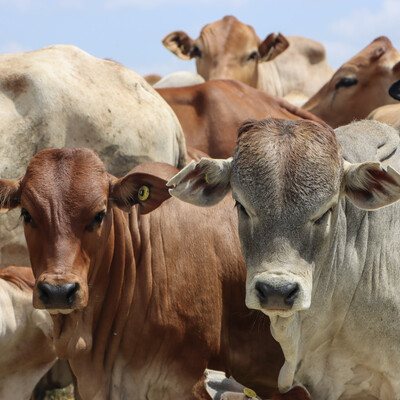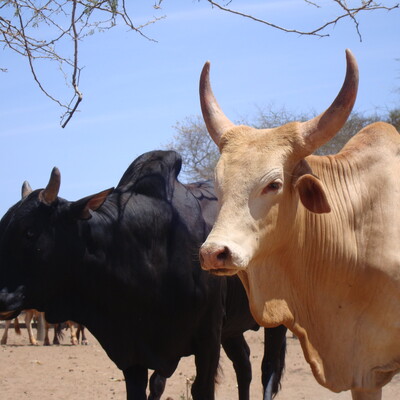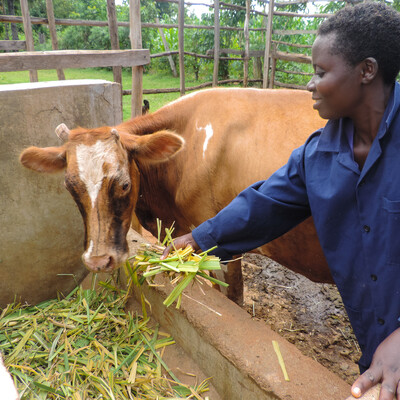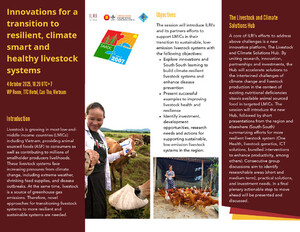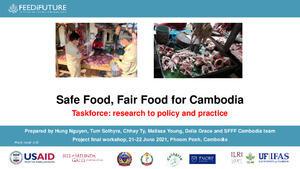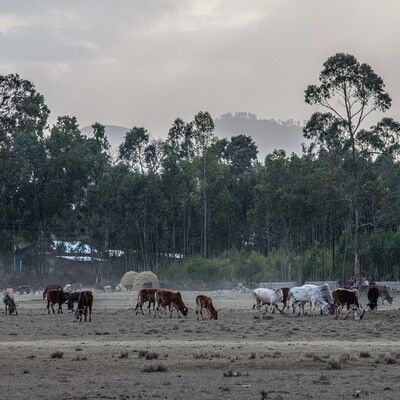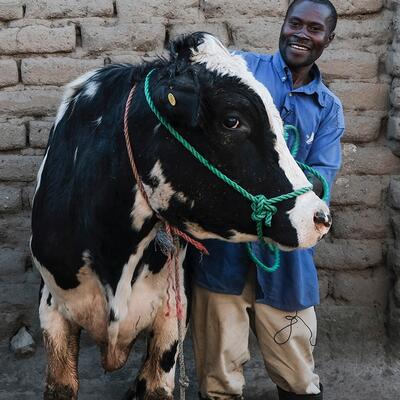

Addressing climate risks for Nigerian pastoralists
ILRI News
Posted on
Contributors
Nigeria boasts one of the largest livestock populations in Africa, significantly contributing to its agricultural GDP. However, the crucial pastoral production system which encompasses millions of pastoralists faces significant challenges due to climate change. Rising temperatures, erratic rainfall, desertification, and extreme weather events are threatening livelihoods and food security.
The International Livestock Research Institute (ILRI) held a one-day workshop in conjunction with the Centre for Dryland Agriculture (CDA) at Bayero University Kano, Nigeria under the CGIAR initiative on Fragility, Migration and Conflict. The workshop brought together key stakeholders to address the pressing challenges faced by pastoral communities in fragile settings, with the objective of understanding risk perceptions and potential solutions to build long-term resilience.
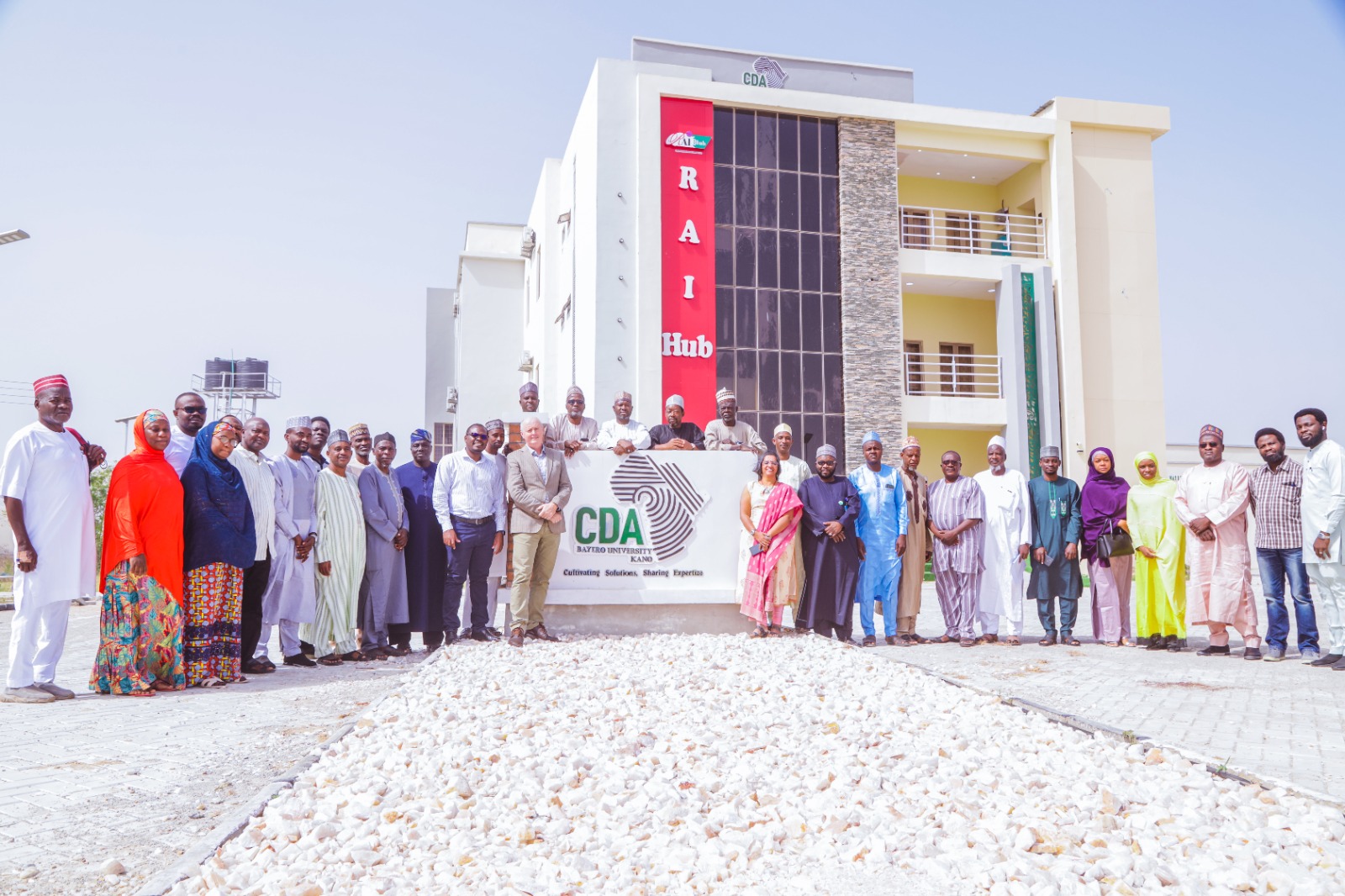
Understanding the complexities of risk
Participants discussed multifaceted risks including climate change, insecurity, and market volatility. In his welcome remarks, Jibrin M. Jibrin, director of the Center for Dryland Agriculture highlighted the alarming decline in agricultural productivity in regions like the Kano River basin due to climate change and other factors. He emphasized the urgent need for innovative solutions to build resilience and safeguard livelihoods.
Rupsha Banerjee, senior scientist of institutions and innovation at ILRI, provided an insightful overview of the CGIAR Fragility, Migration and Conflict Initiative, emphasizing the importance of contextual understanding and risks associated with different social groups. Mitigating risks requires both financial and non-financial strategies, and community members and local players have critical roles in implementation.
ILRI senior economist Kelvin Shikuku spoke about the impact of non-climate risks including markets, pests, diseases, and conflicts. He pointed out the need to recognize heterogeneity of social groups as they will be affected differently. He further stated that due to the complex interrelationships and mutually reinforcing risks, sometimes one solution may not be sufficient and rather a bundle of solutions is needed.
Identifying challenges
Workshop participants delved into the specific challenges faced by pastoral communities. They identified climate-related shocks such as droughts and floods as significant threats, alongside issues like insecurity, land degradation and limited access to resources. These risks often interact and exacerbate their impact on vulnerable communities.
Differential effects of risks
Participants identified men, women, youth, and livestock traders as particularly vulnerable social groups. Insecurity for instance can lead to displacement and loss of livelihoods for men, while women may face increased burdens and gender-based violence. Youth are often marginalized and face limited opportunities, while livestock traders are exposed to market fluctuations and disease outbreaks.
Developing effective solutions
To address these challenges participants discussed a range of strategies, including:
- Community-based risk management: Empowering communities to develop and implement their own risk reduction plans.
- Climate-smart agriculture: Promoting sustainable practices that can help farmers adapt to climate change.
- Social safety nets: Providing support to vulnerable households during times of crisis.
- Policy and institutional reforms: Strengthening governance and regulatory frameworks to create an enabling environment for agricultural development.
Learn more about the CGIAR initiative on Fragility, Migration and Conflict:
https://www.cgiar.org/initiative/fragility-conflict-and-migration/
You may also like

Opinion and analysis
Sustainable manure management in Uganda requires an enabling policy and legal framework: a call to action!

ILRI News
ILRI introduces the Livestock and Climate Solutions Hub at SAADC 2025 to address climate challenges in livestock systems
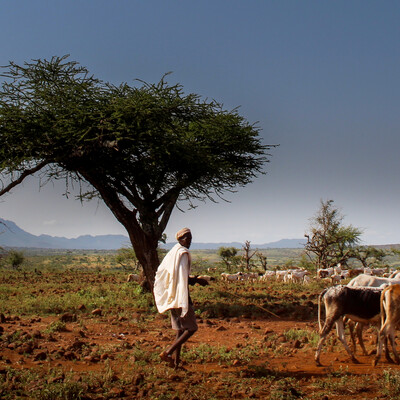
ILRI News
When policy meets pasture: Farmers and scientists joining forces to shape a fair climate future
Related Publications
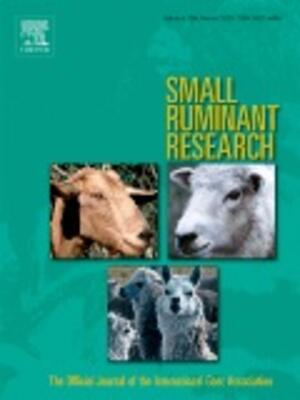
Systematic review on the impacts of community-based sheep breeding programs on animal productivity, food security, women’s empowerment, and identification of interventions for climate-smart systems under the extensive production system in Ethiopia
- Tesfa, Assemu
- Taye, Mengistie
- Haile, Aynalem
- Nigussie, Zerihun
- Najjar, Dina
- Mekuriaw, Shigdaf
- Dijk, Suzanne V
- Wassie, Shimels E
- Wilkes, Andreas
- Solomon, Dawit
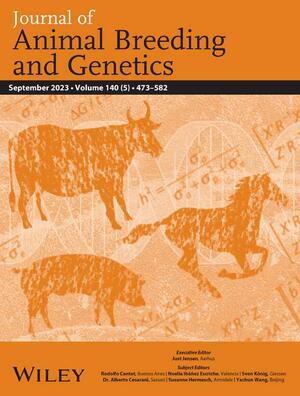
Genetic relationships among resilience, fertility and milk production traits in crossbred dairy cows performing in sub-Saharan Africa
- Oloo, Richard Dooso
- Mrode, Raphael A.
- Ekine-Dzivenu, Chinyere C.
- Ojango, Julie M.K.
- Bennewitz, J.
- Gebreyohanes, Gebregziabher
- Okeyo Mwai, Ally
- Chagunda, M.G.G.

The impact of heat stress on growth and resilience phenotypes of sheep raised in a semi-arid environment of sub-Saharan Africa
- Oyieng, Edwin P.
- Ojango, Julie M.K.
- Gauly, M.
- Ekine-Dzivenu, Chinyere C.
- Mrode, Raphael A.
- Clark, E.L.
- Dooso, Richard
- König, S.
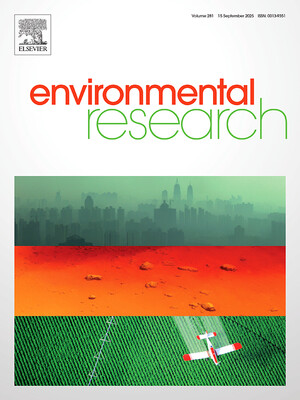
Ambient environmental conditions and active outdoor play in the context of climate change: A systematic review and meta-synthesis
- Lee, E.-Y.
- Park, S.
- Kim, Y.-B.
- Liu, H.
- Mistry, P.
- Nguyen, K.
- Oh, Y.
- James, M.E.
- Lam, Steven
- Lannoy, L. de
- Larouche, R.
- Manyanga, T.
- Morrison, S.A.
- Prince, S.A.
- Ross-White, A.
- Vanderloo, L.M.
- Wachira, L.-J.
- Tremblay, M.S.






